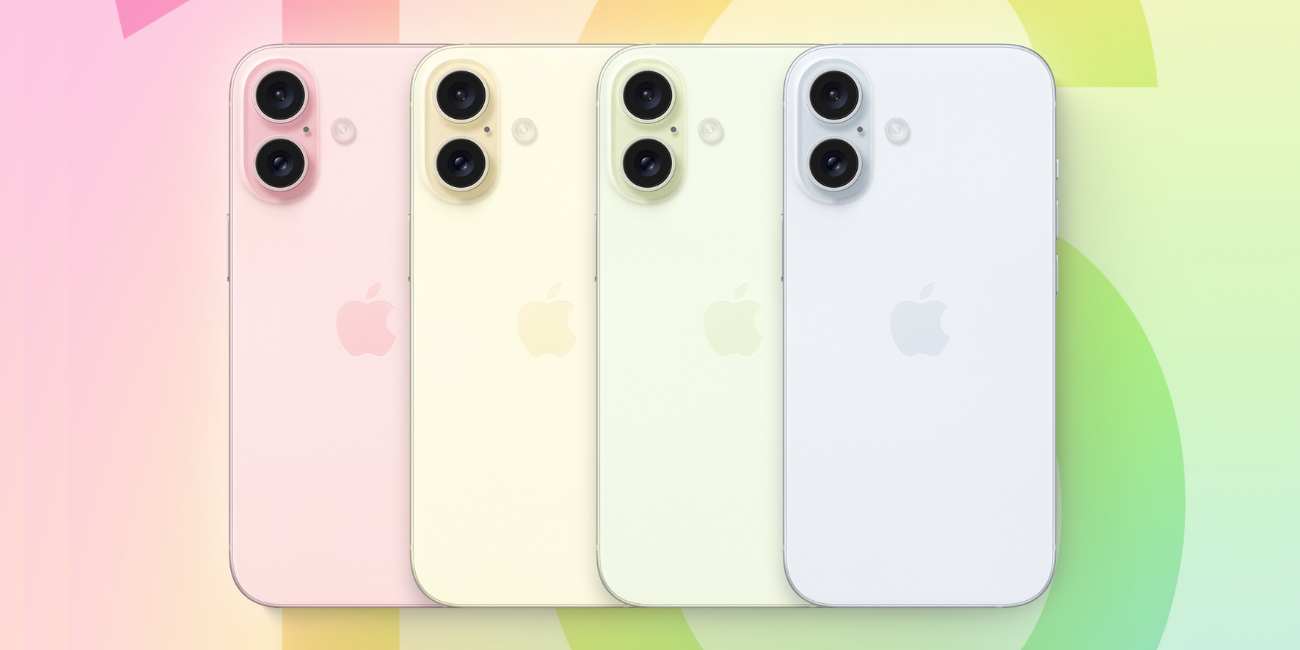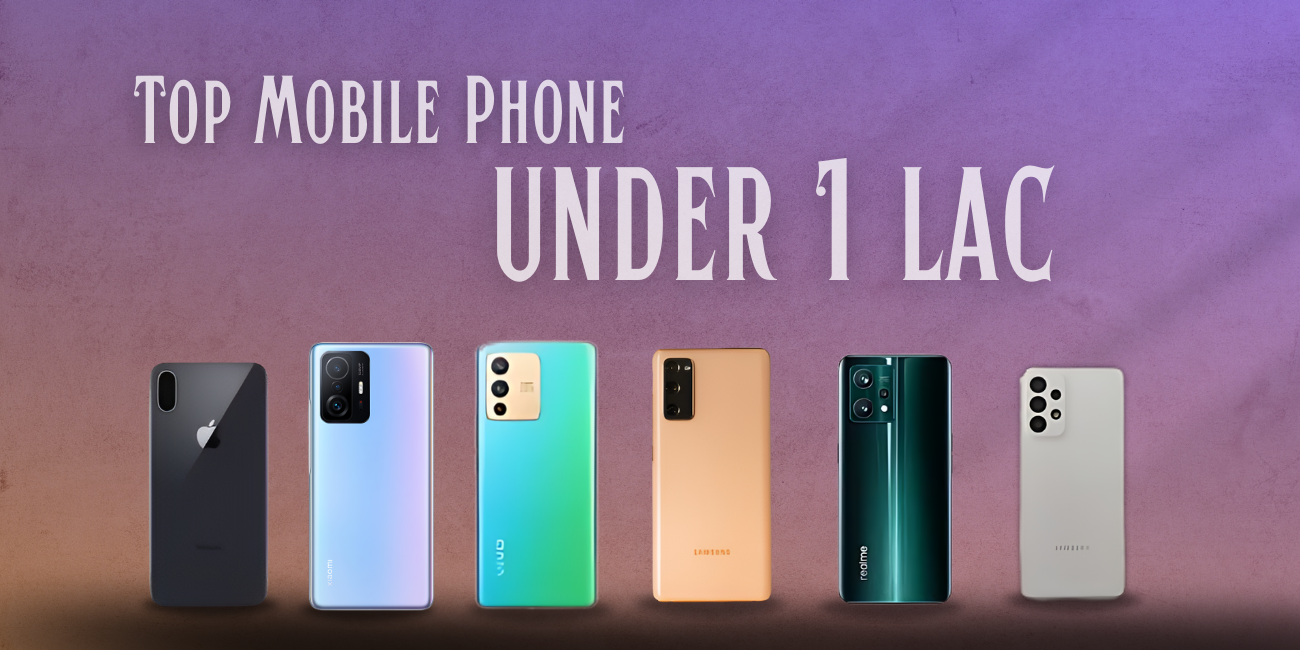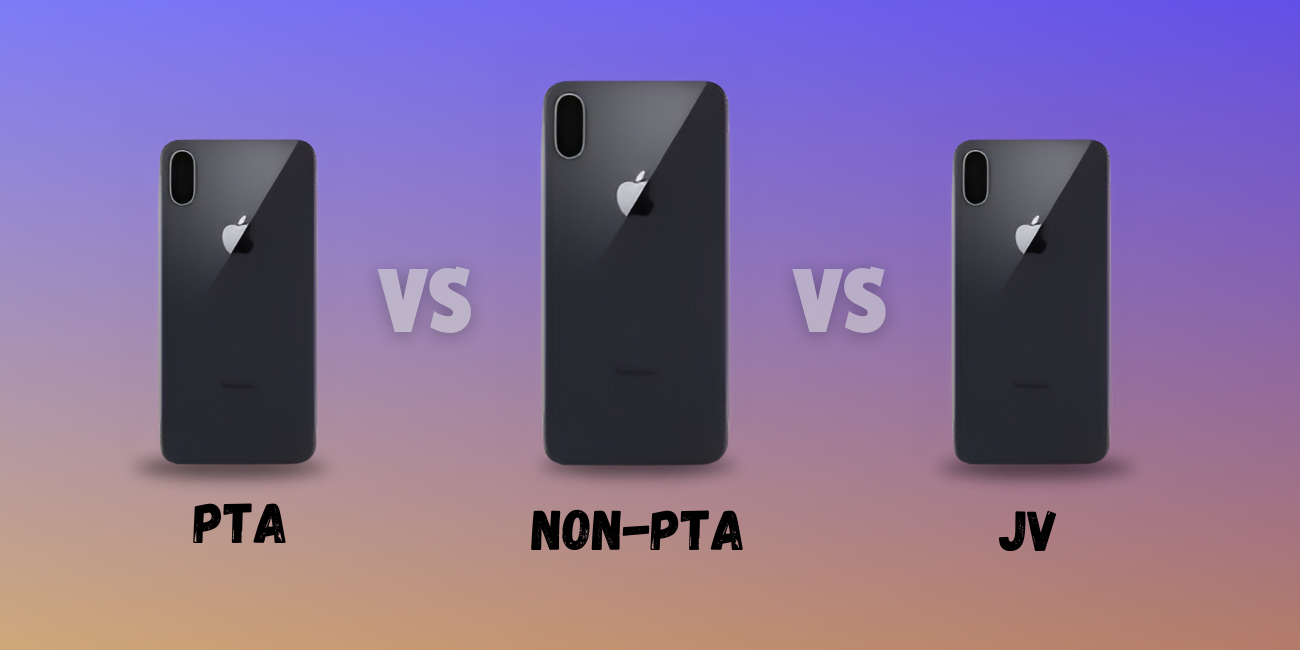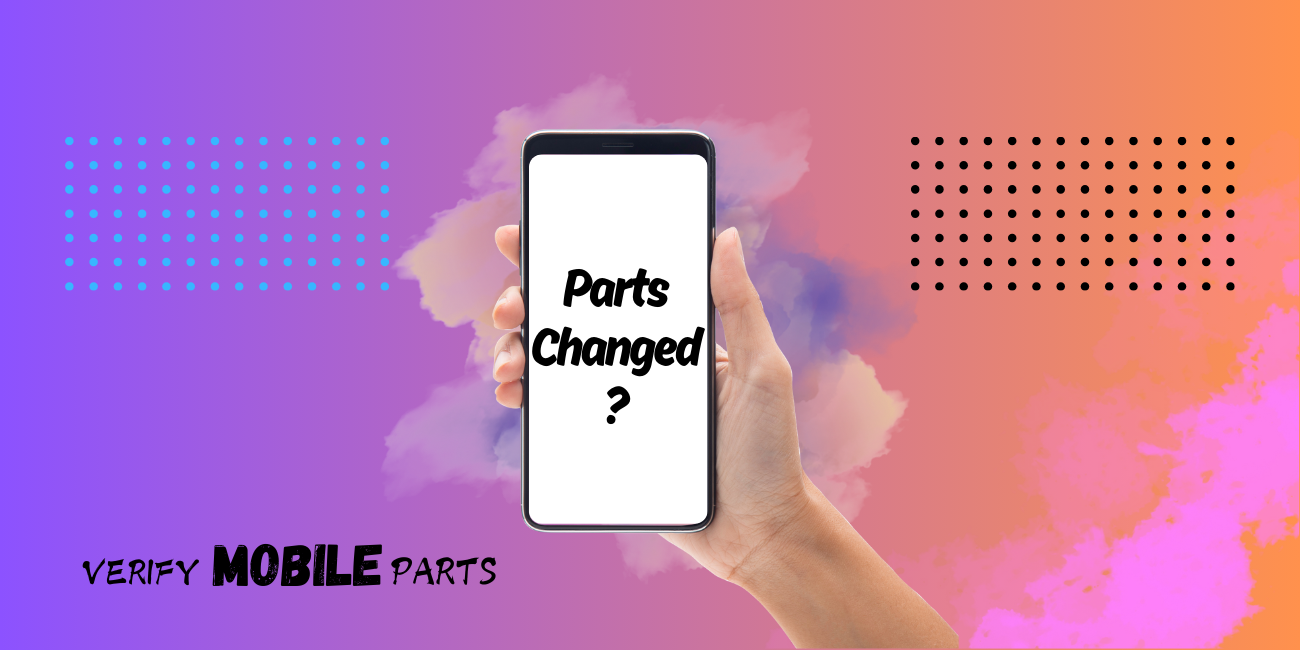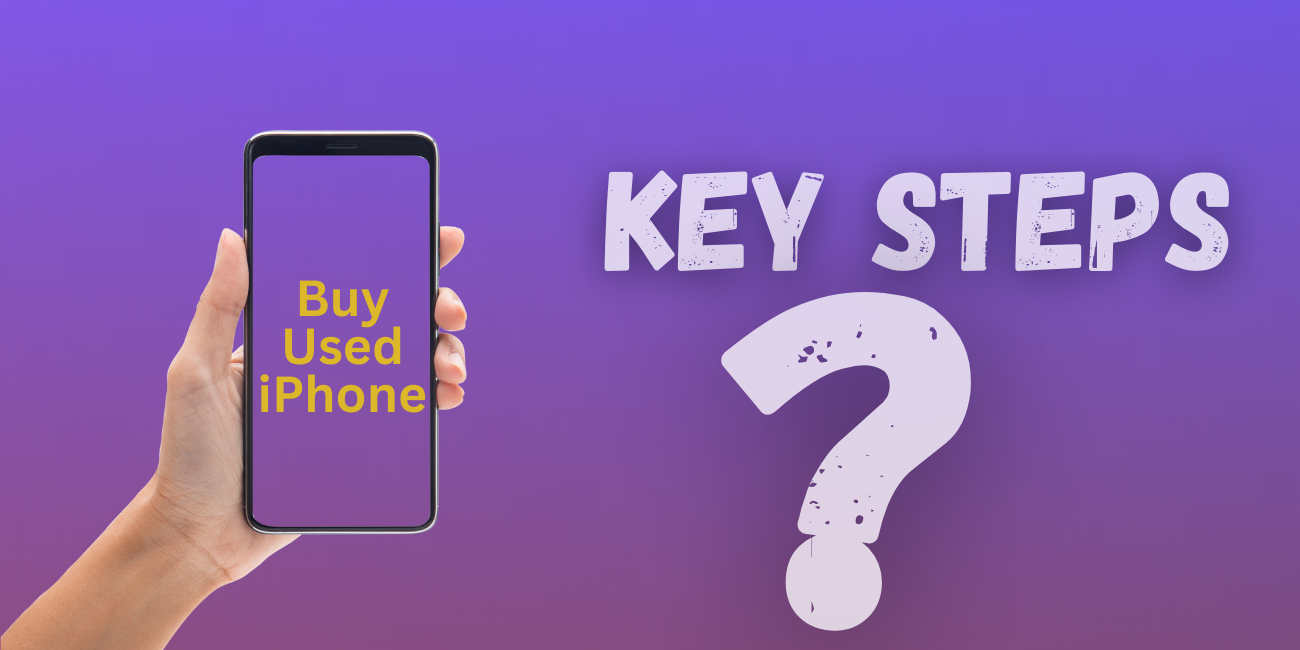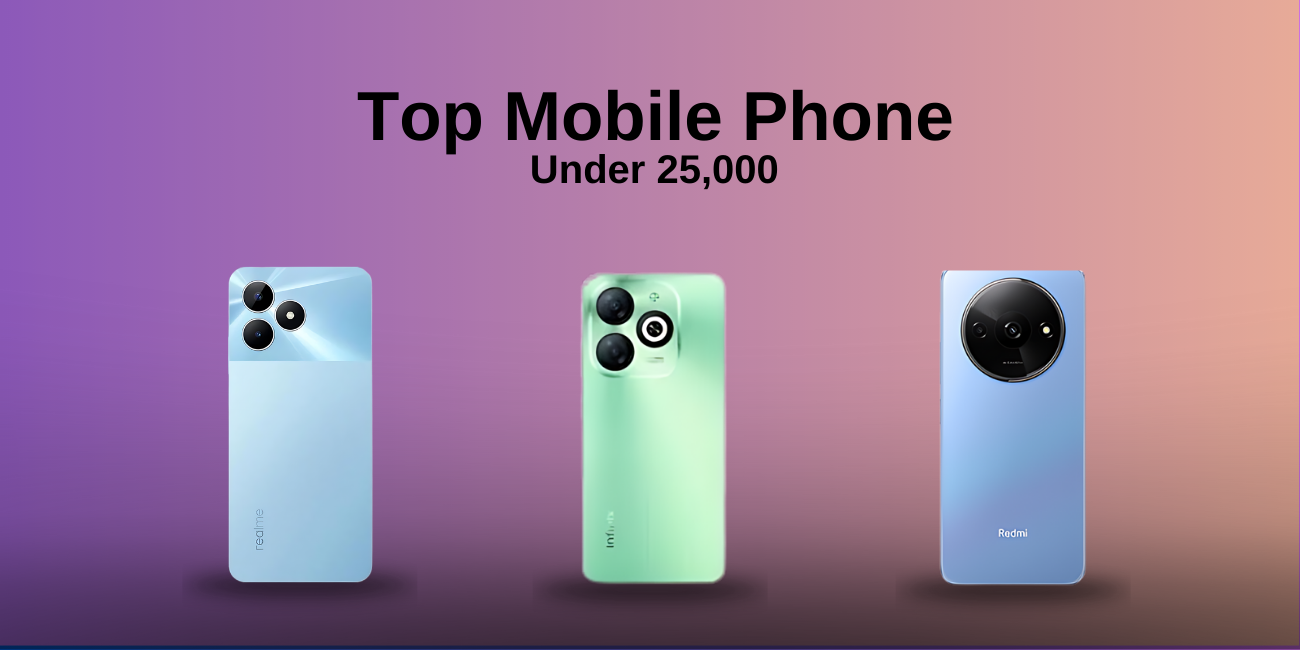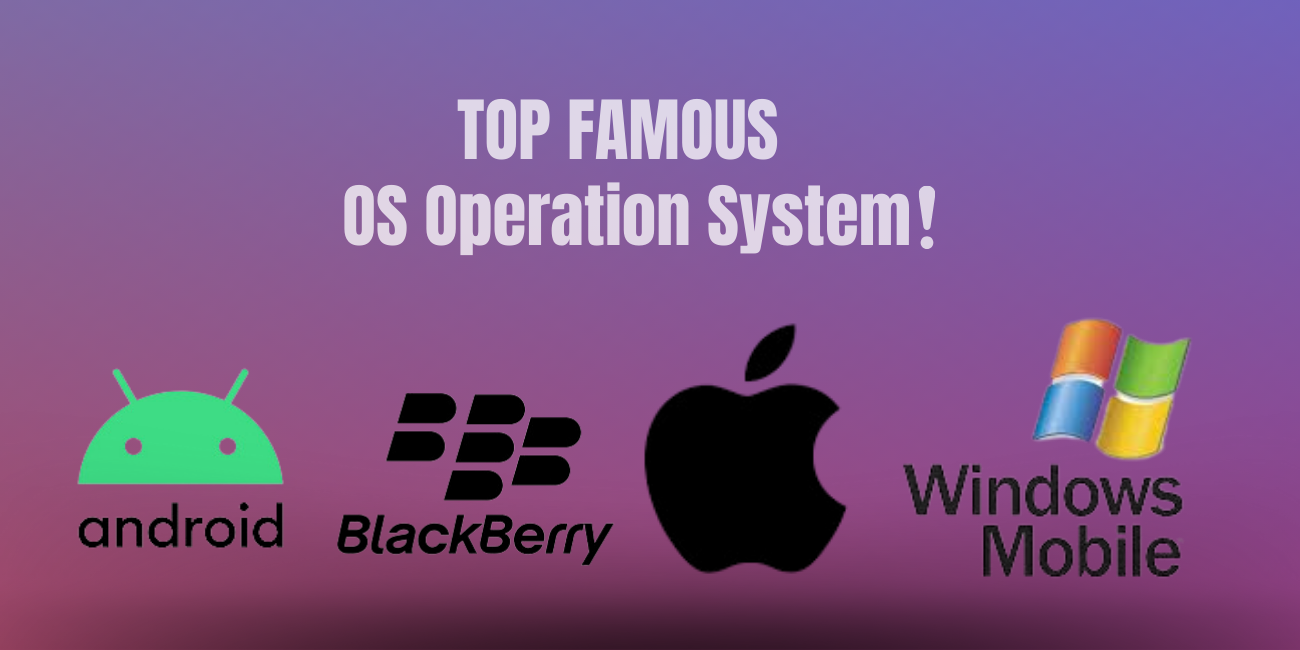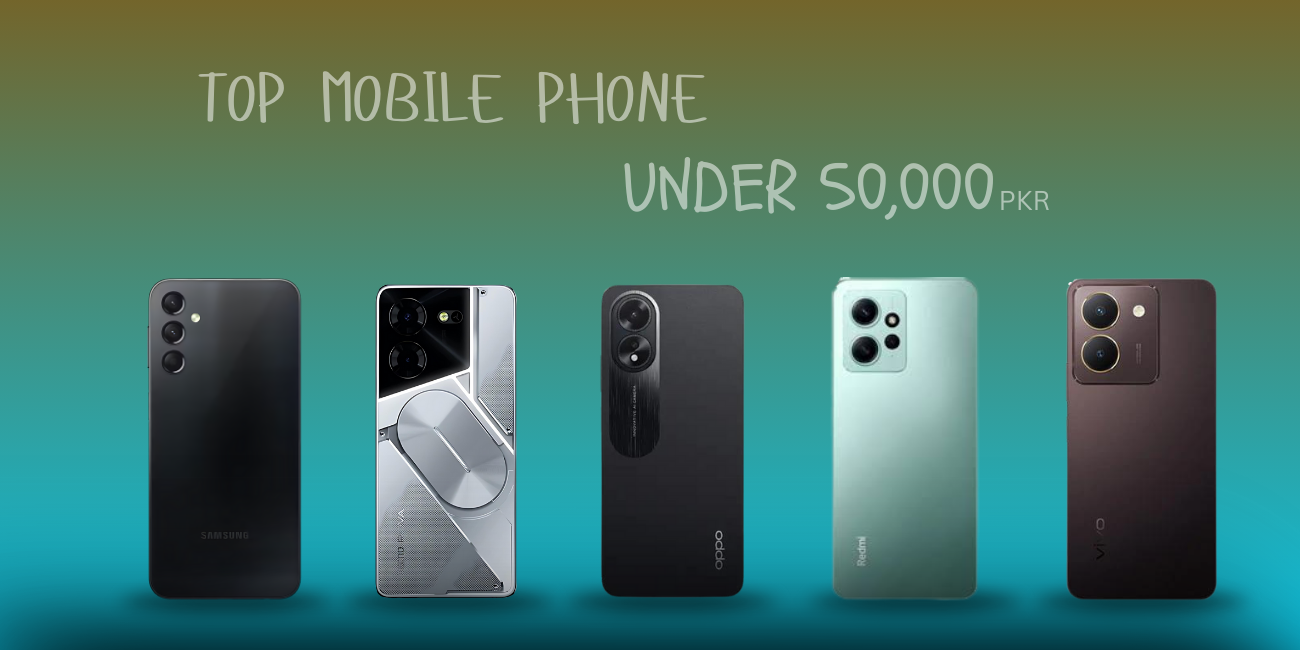What's the difference between android and iPhone smartphones?
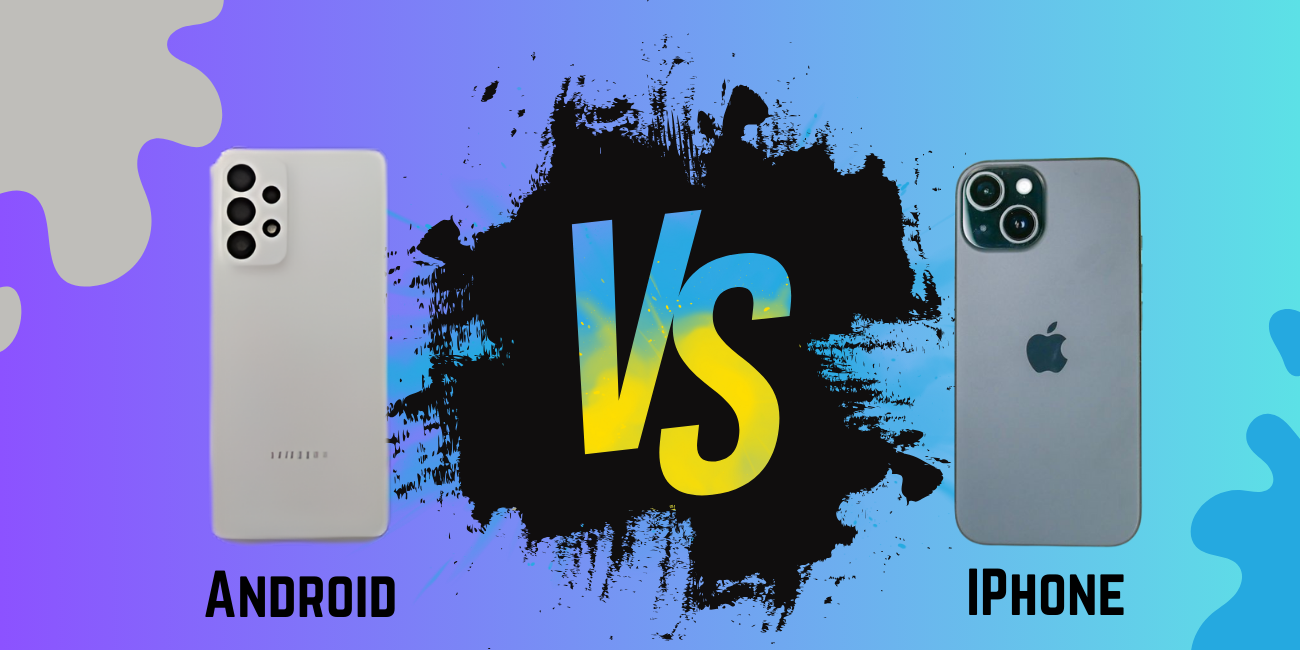
Introduction:
Smartphones have become an indispensable part of our lives, revolutionizing the way we communicate, work, and entertain ourselves. Two dominant players in the smartphone market are Apple's iPhone and devices running on the Android operating system. Both have their strengths and unique features, but they also differ in various aspects, from hardware and software to user experience and customization. In this article, we will explore the fundamental differences between iPhone and Android smartphones, helping you make an informed decision when choosing your next device.
Operating System:
The most apparent distinction between iPhones and Android devices lies in their operating systems. iPhones run on Apple's iOS, known for its simplicity, user-friendly interface, and seamless integration with other Apple products. On the other hand, Android smartphones come in various brands, such as Samsung, Google, or OnePlus, and run on the Android OS, providing users with more customization options, diverse app stores, and open-source flexibility.
Hardware and Design:
Apple's iPhone lineup is known for its sleek, minimalist design and premium build quality. Apple controls both hardware and software, resulting in tight integration, optimized performance, and longer software support. In contrast, Android smartphones offer a more extensive range of designs, varying from budget-friendly to high-end flagship devices, catering to diverse consumer preferences.
App Ecosystem:
One of the critical differences is the app ecosystem. Apple's App Store is known for its stringent app review process, ensuring higher quality and security. Although iOS apps often receive updates earlier, the selection might be more limited compared to the Google Play Store, which hosts a vast array of apps and games. Android's open nature allows developers greater freedom, leading to innovative and experimental applications.
Customization and User Interface:
Android users enjoy greater customization options, enabling them to personalize their device's appearance and experience through widgets, launchers, and themes. On the other hand, iPhones offer a more standardized and consistent user interface, which appeals to users who prefer a simpler and more controlled experience.
Software Updates:
Apple's iOS updates are typically rolled out simultaneously across supported devices, providing users with the latest features and security patches. Android updates, however, can be fragmented, as they depend on both the device manufacturer and mobile carriers, resulting in varying timelines for different devices.
Integration and Ecosystem:
iPhone users benefit from Apple's seamless ecosystem, connecting their devices, including Macs, iPads, Apple Watch, and AirPods, effortlessly. This tight integration enhances productivity and convenience, allowing easy sharing of files, messages, and calls across devices. Android users can achieve similar integration, but it may require additional setup and might not be as seamless as the Apple ecosystem.
Security and Privacy:
Apple's iOS is known for its robust security measures, with features like Face ID or Touch ID providing secure biometric authentication. Additionally, Apple's strict app review process ensures a lower likelihood of encountering malicious apps on the App Store. Conversely, Android's open nature allows for more flexibility but also potentially exposes users to security risks if they download apps from unverified sources. However, recent Android versions have made significant strides in improving security and privacy controls.
Battery Life and Optimization:
iPhones are optimized to work seamlessly with Apple's hardware and software, resulting in a generally efficient and reliable battery performance. On the other hand, Android devices' battery life can vary significantly due to the diverse range of manufacturers and customizations. However, some Android smartphones are known for their impressive battery capacities and optimization, providing extended usage.
Virtual Assistants:
Apple's Siri and Google's Assistant are the respective virtual assistants for iOS and Android. Siri boasts a more integrated experience with iOS, providing deep system-level control, while Google Assistant excels in contextual understanding and leveraging Google's vast database for information and tasks.
Expandable Storage:
One key difference is expandable storage. While some Android smartphones come with a microSD card slot, iPhones do not offer expandable storage options. Users must choose the appropriate storage capacity at the time of purchase, making it essential to consider their storage needs before deciding on a device.
Price Range:
The iPhone lineup tends to be more expensive compared to Android devices. Apple positions itself as a premium brand, while Android offers a broader range of price points, catering to budget-conscious consumers as well as those seeking high-end flagship devices.
Headphone Jack:
In the past, one of the significant differences was the presence of a 3.5mm headphone jack. While iPhones have phased out the headphone jack in favor of wireless audio solutions, many Android smartphones continue to offer this feature, appealing to users who prefer traditional wired headphones.
Software and Feature Updates:
Apple typically offers software updates for older devices for a more extended period, ensuring access to new features and security enhancements. Android updates might not be as consistently available for all devices due to variations in manufacturer support and carrier delays.
Bloatware and Customization:
Some Android smartphones come pre-installed with bloatware or additional apps that cannot be easily removed. In contrast, iPhones have a cleaner, more streamlined experience, although users cannot uninstall some default apps.
Conclusion:
Both iPhone and Android smartphones have their merits and cater to different user preferences. iPhones offer a more controlled, streamlined experience with tight integration within the Apple ecosystem. On the other hand, Android smartphones provide users with a vast array of devices, customization options, and the freedom to explore various app stores.
When choosing between an iPhone and an Android device, consider your priorities, preferences, and budget. Whichever option you go for, both platforms continue to evolve, pushing the boundaries of mobile technology and enhancing the way we interact with our digital world.
